Letting boredom heal me
How we replaced boredom with rotting: understimulation, The Summer I Turned Pretty buffer-episodes, and Walter Benjamin.
When was the last time you stood in silence?
The last time you didn’t check your phone while you waited for something?
Walter Benjamin, in The Arcades Project, said:
“Boredom is the dream bird that hatches the egg of experience. A rustling in the leaves drives him away.”
The absence of productivity, boredom is the prerequisite for play and wonder. Boredom is a small break from commodified time, a temporary escape from the capitalistic regimen of labor, leisure, and shopping.
While Benjamin was talking about 19th century Paris (yes, the fantasy land of 3-hour long lunch breaks), his vision of boredom continues to apply today. Leisure and shopping just look a little more online and —by ways of lifestyle influencing— more like work. When are we free to just let our minds wander?
Rarely, if at all, are we ever just sitting in silence, staring at a wall. The scene in Freakier Friday where Lindsay Lohan, trapped in her daughter’s body, finds solace in the sweet silence of detention, says it all.
It’s no secret we’re obsessed with productivity
We’re too scared to hear our own thoughts (let’s be real, it’s mostly a hodgepodge of TikTok sounds), so we occupy ourselves however we can. Time is money! Every minute counts! Slap me with a copy of Atomic Habits.
Every hot new start up is offering ways for us to save time. There’s laundry as a service, food delivery as a service, even dog-poop removal as a service. Every ad follows the idea of: “don’t waste your time…” But what are we saving time for?
In a fantastic Eater essay about the rise of food delivery, writer Jaya Saxena asks: “is the American dream never having to go outside?” She writes:
“It’s so convenient and efficient, the time that you would have spent driving and sitting and waiting for the check can now be spent on... well, whatever you want, but work probably.”
This fixation with optimizing our time is epitomized by the thriving subreddit r/QuantifiedSelf and it’s community of life-loggers (people who record everything they do, someone even wrote their own productivity software). Stephen Wolfram of Wolfram Alpha wrote a whole book on it: The Personal Analytics of My Life.
Whenever I find myself with unexpected idle time, I feeling this burgeoning anxiety. I should be doing something. I should be productive somehow. But last week, when I left my phone at home and I had to kind of just sit and literally twiddle my thumbs on most occasions, I started feeling like I was re-entering real life. Exposure therapy?
“We’re there for each other, we’re not there for people who aren’t there”
Maybe my algorithm was spying on my notes-app, but this HBR clip of Arthur C. Brooks kept popping up on my feed this week. There’s value in boredom, he says.
Learning to understimulate
The concept of “understimulation” feels a little like taking a depressant to counteract a stimulant, like I’m pushing a massive emergency STOP button.
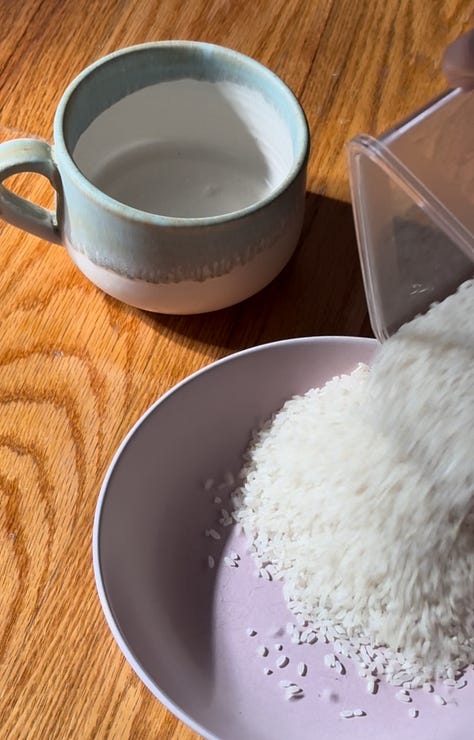
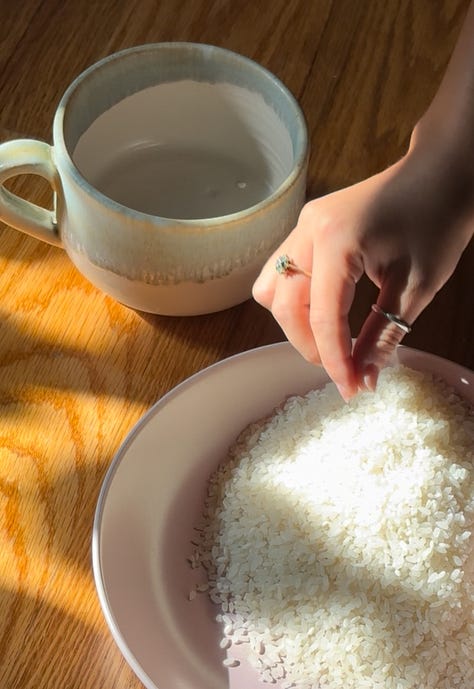
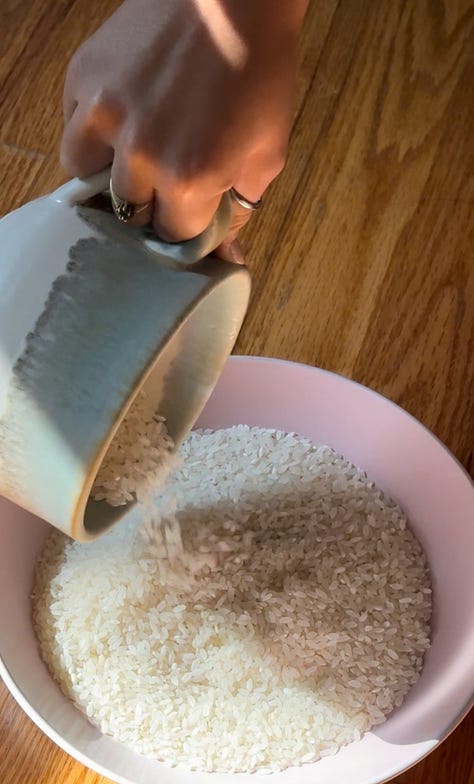
But it works. It tempered my nervous system, cleared my head. If whatever I was doing was definitively pointless, I could let repetition whisk me away. So I…
Counted grains of rice
Steamed my sheets
Sorted marbles by color
Read instruction manuals
The kind of mechanical, mindlessness of these tasks reminded me of the Surrealist fascination with automatism.
In the 20s, Surrealists did something called automatic writing. Surrealism leader André Breton wanted to: “[dictate] thought in the absence of all control exercised by reason, outside of all aesthetic and moral preoccupation.” By setting themselves free from the constraints of grammar, logic, even spelling, Surrealists believed that automatism was a way to escape capitalist control and let truths “speak for itself.”
Maybe that’s what boredom can be for us. A step outside the window of what we’re supposed to do. An intrusive thought, realized.
We’ve replaced boredom with rotting
At the end of a long day, all I want to do is rot.
When I say I need a lie down, it just means I need to be horizontal while I scroll. I’ve conditioned myself into thinking that four back-to-back episodes of Taskmaster is the way to recover. Rotting seems to have become a form of active recovery, where simply lying down (therefore exposing oneself to boredom) is passive.
We want to occupy our minds with something else, all the time. We can’t even watch a slower episode of The Summer I Turned Pretty without calling it a buffer episode (there needs to be exposition before the climax)! Fine episode 9 was kind of a drag, but still.
I remember my first year working, I asked my then-manager for more work. And instead of assigning me more projects, she mailed me a copy of Jenny Odell’s How To Do Nothing (best manager ever, I know). It’s okay to just do nothing sometimes.
I thank the stars everyday that I survived whatever fresh hell my gcal was in college.
My friend Alice once said that long distance runners are the most tortured, because they run for hours in silence — what do they think about? how does it feel to really be stuck with your thoughts?
Who knew that simply sitting there —no meditation, nothing— can heal?



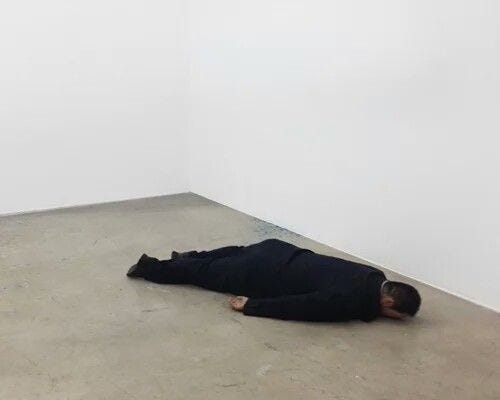

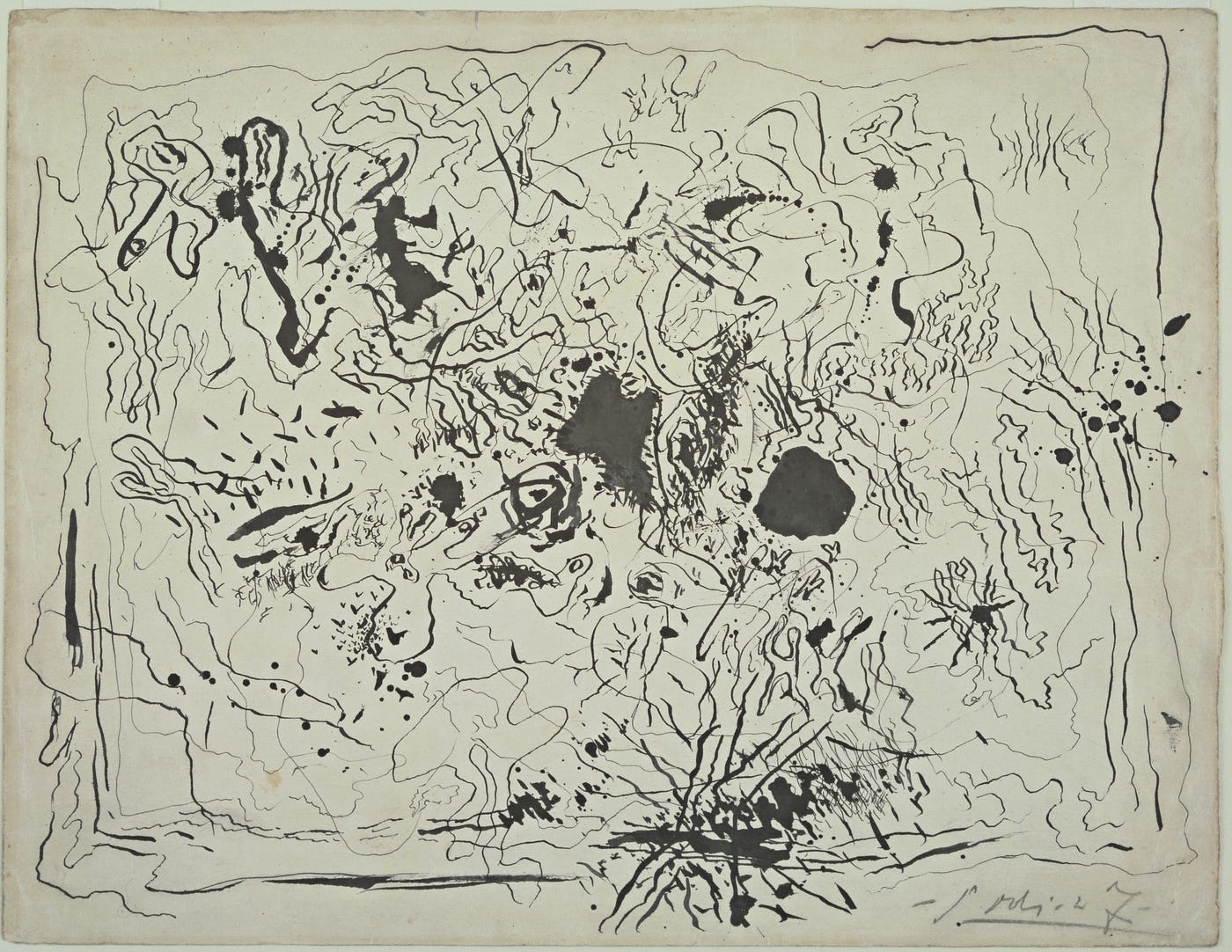
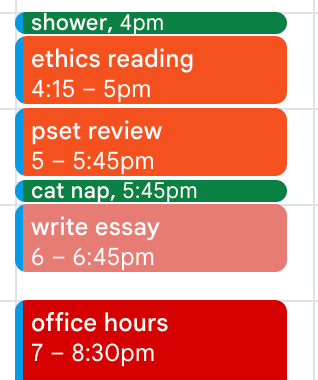
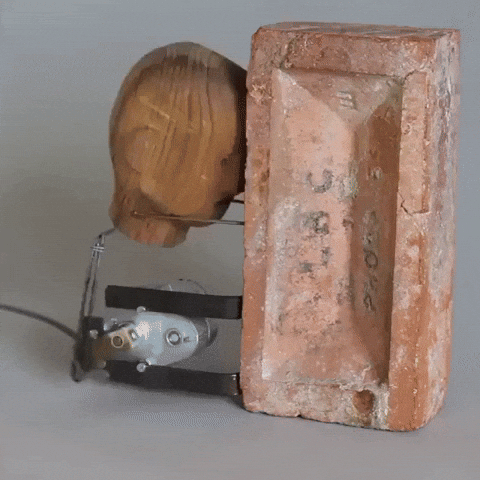
Thank you for such an insightful article!
this is so helpful, such a great and realistic guideline. but it also gives me lots of hope! i’m so ready to access parts of my brain and feel more present again.